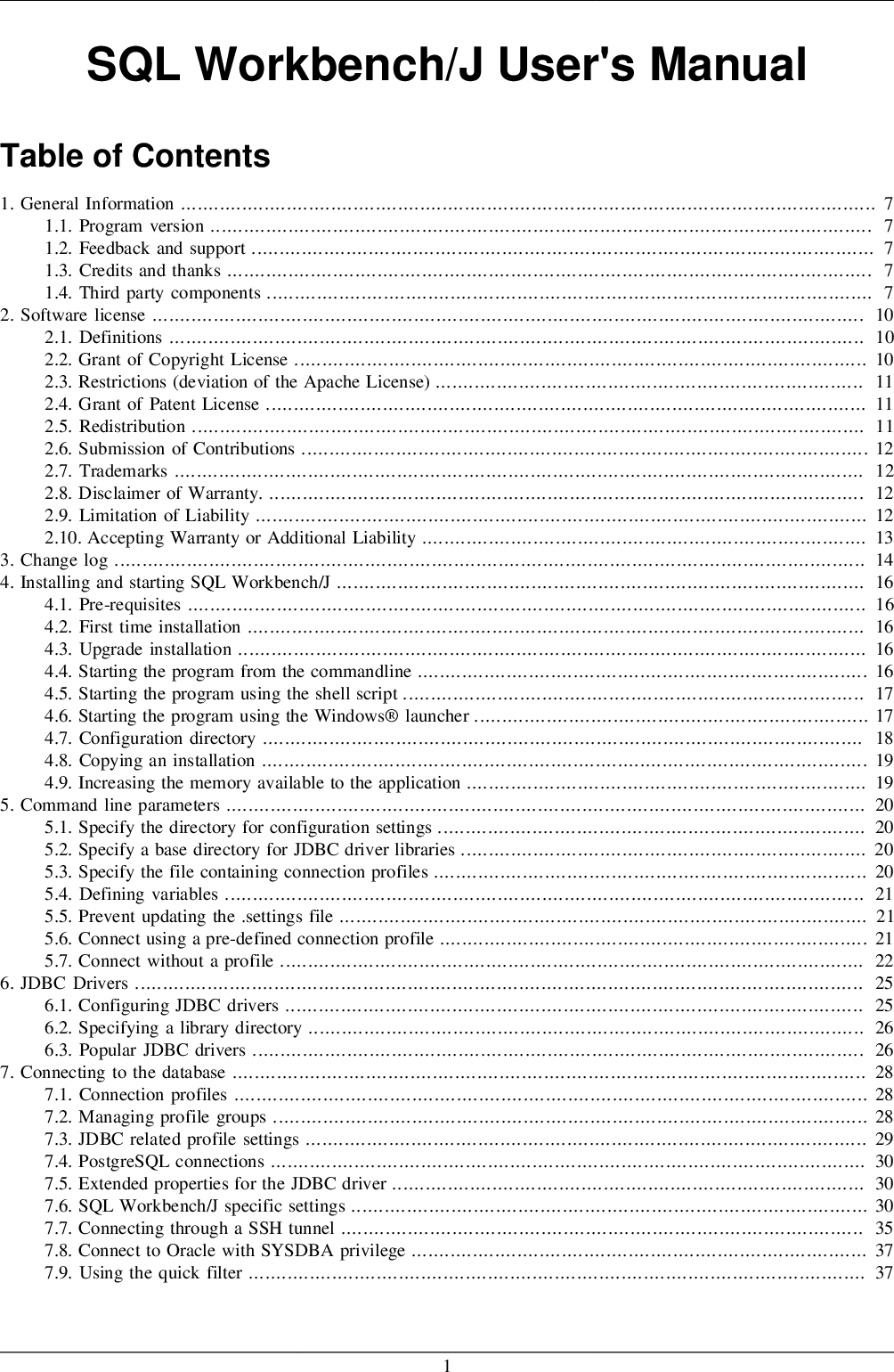Table of Content
A mold inspection involves tactics such as a visual assessment, surface sampling, and air sampling to determine the type of mold as well as tests for humidity levels and water intrusion. Some mold inspectors also may use thermal imaging devices to find damp or cold spots behind walls, assess any damage from the spread of the mold, and recommend how best to remove it. A pre-inspection can help sellers prioritize which improvements and upgrades to complete before listing. By following your inspector’s advice, you can update the parts of your home that are in most crucial need of repair and bypass less important upgrades. They also want to know that your home’s major systems are in good shape. So if you end up replacing your roof, upgrading your HVAC system or installing new energy-efficient windows as a result of your pre-inspection findings, you’ll want to use those as selling points.

As a homebuyer, conducting a home inspection is one of the most critical steps a homebuyer must take when buying a house. Although not required by the lender, an inspection is highly encouraged, and every homebuyer should conduct their own as well as hire a professional inspection. You should start preparing for a professional inspection when you initially tour the home, before making an offer. This will give you an idea if there are any areas you want the inspector to pay special attention to.
Foundation Inspections
Lenders may require an inspection of the system on some properties before they will make a loan. Regardless of the state, county or lender requirements, buyers should get a septic system inspection. Septic tank and leach field inspections are often required, but not always, in order to complete the purchase of a home that has a septic system. Some states require an inspection or certification and in some of those that don’t there may be some counties that do. Buyers often get confused about fireplace inspections, chimney inspections and a chimney sweep. Generally a fireplace inspection is referred to as a chimney inspection, which will include both the fireplace and chimney.
Selecting the right home inspections can be challenging, which underscores the value of hiring a great Realtor. The realty team at Green Residential have your best interest in mind. You won’t need a thorough inspection on every facet of the home, but depending on its age and location, you may want more than just a basic home inspection. To help you decide what’s best, here’s an array of common home-inspection options. Many or all of the products featured here are from our partners who compensate us. This may influence which products we write about and where and how the product appears on a page.
How much does a home inspection cost?
Look carefully at your contract to understand whether the inspection company will pay for repairs related to issues they should have caught, but didn’t, or whether they will only refund your inspection fee. Disclosure requirements vary by state and sometimes local jurisdictions, so ask your real estate agent if you have any questions about what is included. Disclosure typically comes in the form of boilerplate documents with a series of yes/no questions for the seller.
If the inspector finds something significant, it can be helpful to see it with your own eyes. Also, you can do your own visual inspection while the inspector is there to answer questions. Bring a blank inspection checklist and jot down questions to ask the inspector. Read our first-time homebuyers guide to find out more about other costs you're likely to face.
Underground oil tank inspection
Additional inspections will give you a better understanding of your prospective house and helps you purchase your new home with confidence. After the inspection, you'll get a detailed home inspection report. No matter what comes up in the inspection, you can either take it or leave it.

Home inspections provide valuable insights to homebuyers as they assure them of both quality and safety. When a homebuyer hires a professional home inspector to conduct a certified home inspection exercise, they will have a clear understanding of their future home condition before committing to a home closing. Buying a home requires a huge investment, and home inspections ensure that homebuyers get value for their money.
Do You Need a Home Inspection?
He is an expert on personal finance, corporate finance and real estate and has assisted thousands of clients in meeting their financial goals over his career. Screening soil for environmental toxins can start at about $30, with additional costs of up to $100. But this is small compared with the average cleanup of these oil tanks, which according to ATS Environmental costs from $8,000 to over $100,000. A pool or spa inspection ranges from $250 to $600, depending on the size of the pool or spa, the surroundings that need examination, and where you live.

Not only do you have to be able to see when there is a problem, but you also have to know how much it will cost to repair these items if there is a problem. When I buy flips or rental properties I am buying them at a huge discount. When I make my cost estimates for repairs on a home, I always budget in extra money for things I may miss or discover during the rehab. I never assume a house only needs the work I can see, which is another reason I feel comfortable buying houses without an inspection. A home inspection will identify the need for any significant repairs, as well as the need for maintenance to keep it in good shape.
They’re usually required by mortgage lenders, but home inspections are an optional service that can give you a good idea of whether the house is priced fairly and worth the cost. If you find major problems with a house that you did not know about, it makes sense to ask for repairs to be done or the price to be reduced. Some buyers will make an offer with the intention of asking for a price reduction from the inspection results, no matter how the inspection turns out. For investors who buy many houses, it can also hurt your chances to get a great deal.

I have a lot of experience with repairs on properties and what to look for. I have repaired an entire flip myself back a few years ago, which did not go as planned, but sure taught me a lot! There are many things that can cause a lot of problems on houses and you have to know what to look out for. They can look for visual signs, but a mold inspector can test for its presence and type.
An HVAC inspection provides a clearer picture of the home’s heating and cooling system, and can even give you recommendations for repairs or energy-efficient upgrades. This isn’t a comprehensive list of the many types of home inspections out there, but it should give you an idea of where to start if you’re buying or selling a home. Unless you’re a roofing professional yourself, it’s usually a good idea to bring in a professional roof inspector.
None of the inspectors found all the problems, which included a leak under the kitchen sink, bad roof damage, and obvious signs of rodent infestation. If you’re concerned that a poor buyer’s home inspection could break a deal, you might do a pre-inspection now so you can repair any major defects before listing. This will help you avoid a lengthy negotiation with your buyer and could prevent them from walking away over serious repair and maintenance issues. It may not be worthwhile to get a pre-inspection if your home is brand new, you’ve made updates recently or you already know there are issues and you don’t have the money to make repairs before listing. When you’re applying for a mortgage, an appraisal is part of the process.
Both first-time homebuyers and veteran real-estate investors should do a thorough home inspection before the purchase of a property. A bank doesn’t care how good the home looks on the surface; it needs to see a firm structure and foundation before it will offer funding. A home inspection includes information on nearly every part of a property, but in some cases you may want separate inspections covering radon, pests, mold and foundation issues. A strange sound or smell could indicate an underlying issue that could affect your HVAC system, leading to increased heating and cooling costs, or worse, needing to replace it with a whole new system.

A home inspection is almost always performed at the request of the buyer, so you’ll have to pay for it out of pocket. Although it’s only a few hundred dollars for an inspection, that amount gets removed from your down payment savings, and you won’t get it back. Foundation inspection costs vary depending on where you live, but are generally about $500. Depending on what they find, your home inspector may suggest some of these additional inspections.


No comments:
Post a Comment